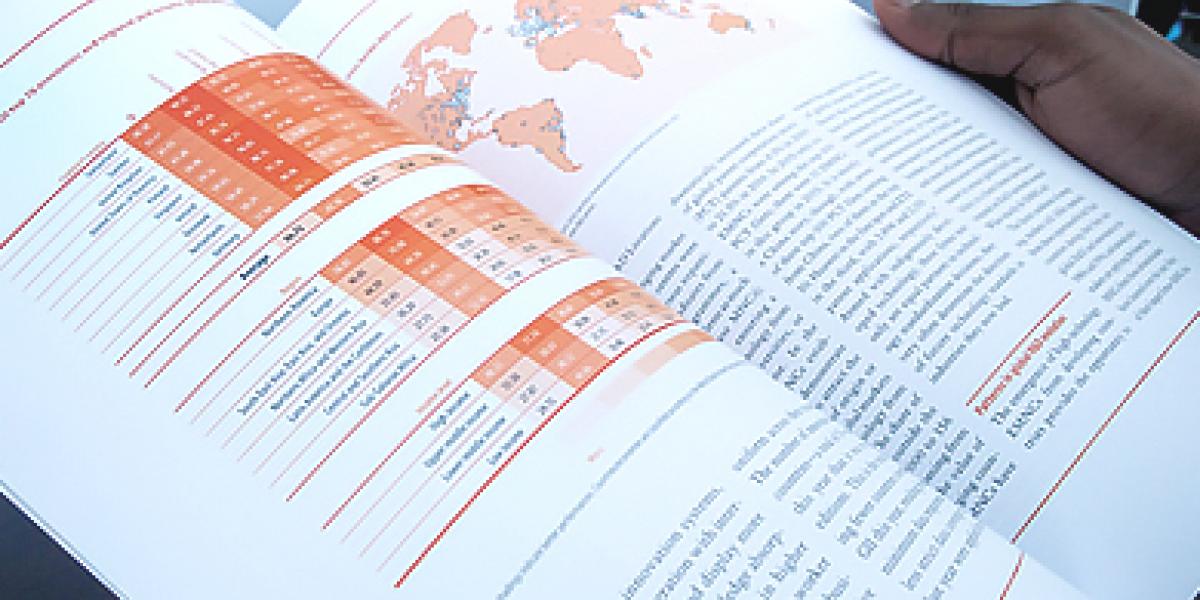Qatar is ranked first in the world on two indicators, Ease of Paying Taxes and Tertiary Inbound Mobility of International Students in the Global Innovation Index 2016 released at a Geneva media briefing last week.
The Index, which measured performance of 128 countries on 82 indicators, placed Qatar in the third position in the Arab world and 50th globally in the overall performance.
Recording progress on innovation input sub-indexes, Qatar advanced 6 positions on Infrastructure pillar (ICT access and use), 10 positions on Market Sophistication pillar and 28 positions on Business Sophistication pillar, thus ranking 16th, 68th and 78th globally, respectively.
Other strong indicators for Qatar are - Electricity output (6th), University/industry research collaboration(8th), State of cluster development (8th), Joint venture/strategic alliance deals (8th) and Foreign direct investment outflows (16th).Nine ranks gain has been also reported for Qatar’s Creative Outputs pillar– globally ranked 49th.
The 2016 report highlights that, globally, gains from global innovation can be shared more widely as cross-border flows of knowledge and talent are on the rise. It highlights that there is ample scope to expand global corporate and public R&D cooperation to foster future economic growth.
As per Qatar’s ICT Landscape Report 2016: Business, thirteen percent of multinational ICT companies invested in R&D, with 8 percent of the local ICT companies investing in R&D activities in 2014. Among the ICT enterprises investing in R&D in Qatar, a majority (63%) of them spent less than 5 percent of their annual revenue for R&D in 2014 in Qatar.
Recording progress, Qatar is now ranked 52nd on Wikipedia edits and 46th on Video uploads on YouTube indicators within Online creativity sub-pillar. Qatar gained 5 ranks in Generic top-level domains and is now ranked 56th globally.
Global Innovation Index 2016 report observes that the Northern Africa and West Asia region shows its highest average scores in ICT access, ICT-driven business model creation and e-Government and productivity growth. Less notable performances are seen in high-tech exports, patents, and the quality of publications across the region. The report also said many of the GCC countries are diversifying their economies following a decades-long dependence on oil, turning their focus towards more innovation-driven and diverse sources of growth and overcoming relative shortcomings in areas, such as Institutions, market and business sophistication.
2016 Global Innovation Index explores rising share of innovation carried out via globalized innovation networks and is themed - Winning with Global Innovation. It is published by U.N.'s World Intellectual Property Organization (WIPO), INSEAD Business School and Cornell University.
Switzerland emerged as the global leader among innovative economies followed by Sweden, the United Kingdom, the United States and Finland. China first time joins the ranks of the world’s 25 most-innovative economies. At the Arab level, the UAE ranked first, followed by Saudi Arabia.
The detailed report is available at: https://www.globalinnovationindex.org/gii-2016-report.

